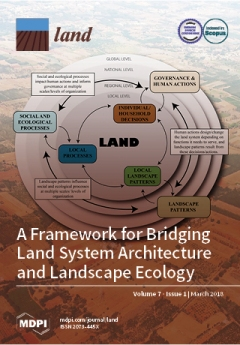Fragile states from the perspective of rural communities
Fragile states, posing a major challenge of our times, are increasingly becoming a focus of attention in international politics and development cooperation. But very often, the viewpoint of the people affected by fragile statehood is not sufficiently heard. Parts of the international community prioritize their own security policy interests, the motto being the «war on terrorism». People in fragile states, by contrast, are primarily concerned with their own survival and the quest for development opportunities for themselves and their communities.



